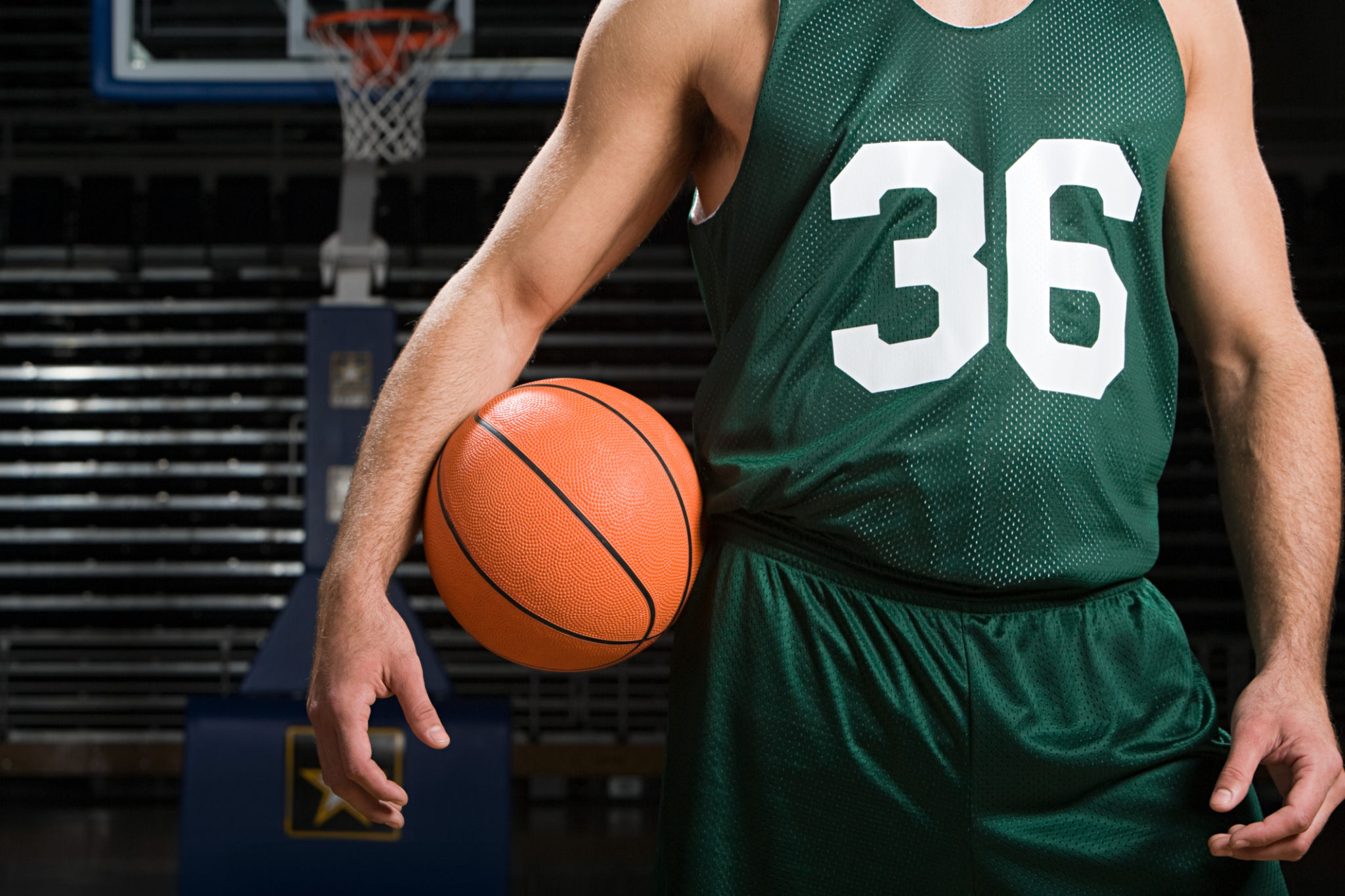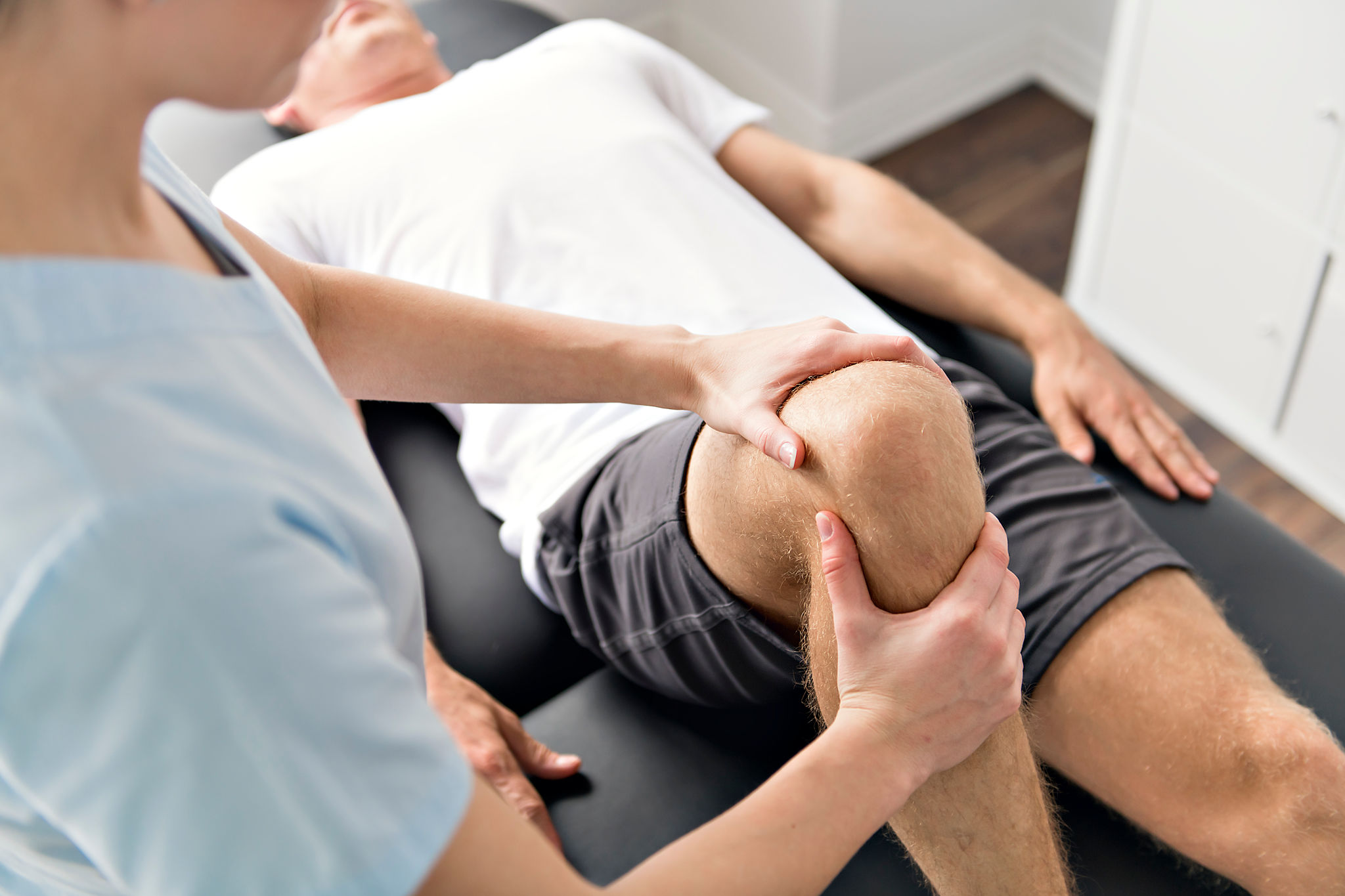Seasonal Sports Training: Preparing for Peak Performance
Understanding Seasonal Sports Training
Seasonal sports training is a structured approach that athletes use to enhance their performance in alignment with the different phases of their sport's season. This method not only helps in building peak performance levels but also aids in injury prevention and recovery. By adapting training routines to the seasonal demands of a sport, athletes can optimize their physical and mental readiness for competition.
Typically, seasonal sports training is divided into three main phases: pre-season, in-season, and off-season. Each phase has its unique focus and requires specific training strategies to ensure athletes maintain their edge throughout the year.

Pre-Season Preparation
The pre-season phase is all about laying the foundation for the upcoming competitive season. During this time, athletes focus on building strength, enhancing endurance, and fine-tuning their skills. Key components of pre-season training include:
- Strength Training: Emphasizing core and muscle strengthening exercises to build a solid physical base.
- Cardiovascular Workouts: Increasing aerobic capacity to ensure sustained performance during games or events.
- Skill Development: Refining sport-specific techniques to enhance execution under pressure.
Consistent monitoring of progress and adjusting training loads are crucial to avoid burnout and overtraining during this phase.
In-Season Optimization
Once the competitive season begins, the focus shifts to maintaining peak performance levels. In-season training prioritizes maintaining fitness without overexerting the athlete. Important aspects include:
- Recovery Strategies: Incorporating rest days and recovery techniques to prevent fatigue.
- Game Simulation: Engaging in practice sessions that mimic actual competition scenarios.
- Nutritional Support: Ensuring proper diet and hydration to fuel performance and recovery.

During this period, it's essential to adapt training intensity based on competition schedules and individual athlete needs to maximize performance on game days.
Off-Season Development
The off-season is a critical time for athletes to recover from the physical and mental demands of competition. However, it’s not just about rest. This phase is an opportunity for athletes to work on areas of improvement without the pressure of competition. Key focus areas include:
- Rest and Recovery: Prioritizing rest to heal any injuries and rejuvenate mentally.
- Cross-Training: Engaging in different sports or activities to maintain fitness while avoiding burnout.
- Goal Setting: Evaluating past performances and setting new objectives for the upcoming season.

The Role of Coaches and Trainers
Coaches and trainers play a pivotal role in seasonal sports training. They provide guidance on creating customized training plans that align with an athlete's goals and capabilities. These professionals help athletes understand their body's needs, ensuring a balanced approach between pushing limits and allowing necessary recovery.
Moreover, coaches use data-driven insights from past performances to adjust training regimens, ensuring that athletes are consistently improving while avoiding common pitfalls like overtraining or inadequate preparation.
Monitoring and Measuring Progress
A successful seasonal sports training program involves regular monitoring of an athlete's progress. This can be accomplished through performance metrics, fitness tests, and feedback sessions. By closely tracking improvements and setbacks, athletes and coaches can make informed decisions about modifying training methods as needed.
This approach not only helps in achieving peak performance but also builds resilience, allowing athletes to adapt to challenges more effectively throughout their sporting careers.
A Holistic Approach to Peak Performance
A holistic approach to seasonal sports training encompasses not just physical preparation but also mental conditioning. Techniques such as visualization, mindfulness, and stress management are integral to preparing athletes for the pressures of competition.

Ultimately, the goal of seasonal sports training is to create a well-rounded athlete who is not only physically prepared but also mentally equipped to handle the demands of their sport. By focusing on all aspects of development, athletes can reach their full potential and achieve lasting success in their sporting endeavors.